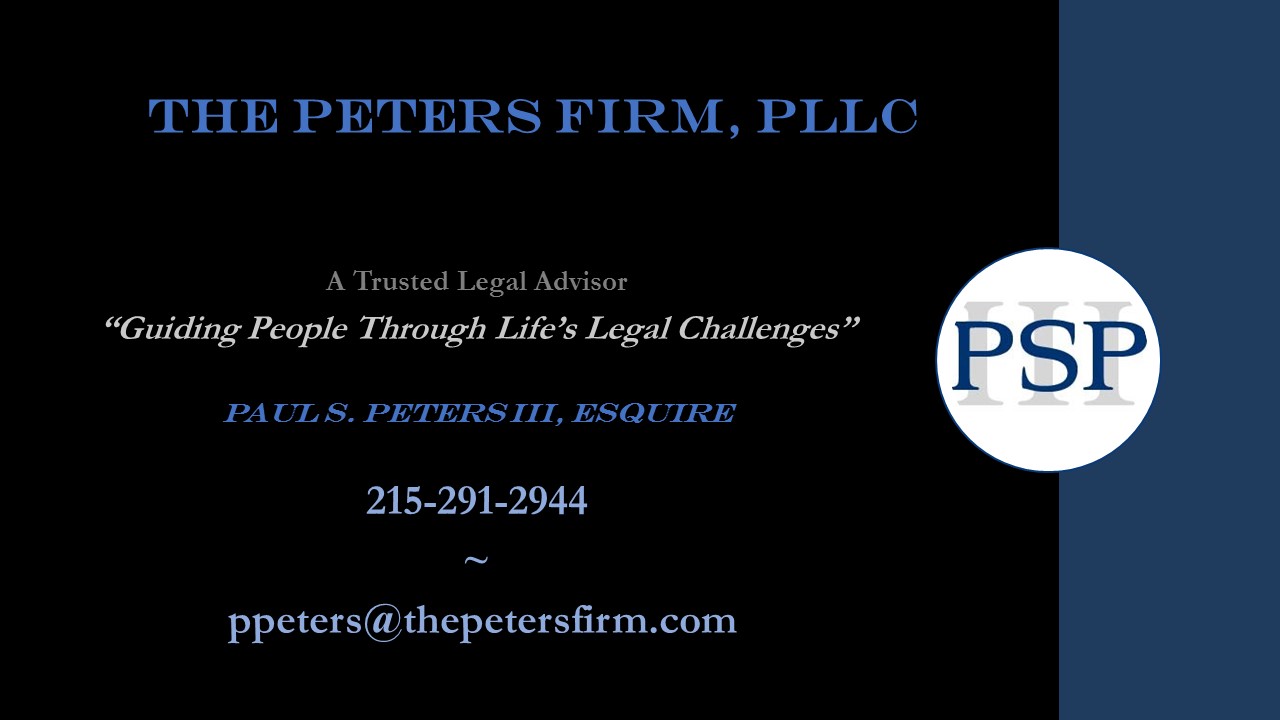
Should I Plead Guilty
in Pennsylvania?
In Pennsylvania, you will have different options through the criminal justice process in which to resolve your case. A choice that leads to many questions and differences of opinions is: Should I Plead Guilty in Pennsylvania? Your options for case resolution include:
- Having the case dismissed at the preliminary hearing
- Have the case dismissed due to the success of motions filed (suppress evidence, suppress statement, speedy Trial, suppress identification, prosecution misconduct)
- Negotiating a guilty plea to mitigate the risk at Trial
- Trial by Judge or Jury
- Appeal if the Trial does not end in your favor
What is a Guilty Plea?
Once your attorney reviews the evidence (police reports, witness statements, videos, pictures, etc.) and speaks with you and witnesses and conducts his/her investigation, your attorney will discuss your options, including the pros and cons of a plea vs. a trial.
It will solely be your decision whether to have a trial or plead guilty. Your attorney cannot make this decision for you; he/she can only advise and educate you on the reality of the situation and his/her experience in similar cases or with the same judge.
Pleading Guilty means, you admit to committing some or all the crimes you charged. One type of guilty plea is a negotiated plea, also called a plea deal or plea bargain. A negotiated plea means an there is an agreement with District Attorney regarding your sentence. The purpose of a negotiated plea is that in exchange for your guilty plea and avoidance of a trial, the District Attorney will reduce/withdraw some charges and agree to your punishment; the punishment is typically less than you would receive if found guilty at Trial. Sadly, in the Pennsylvania Criminal Justice System, many times, there is a “trial tax” given by judges as a punish a defendant for having a trial and send a message to future defendants and attorneys.
If you accept the plea offer, Your attorney will have you fill out a guilty plea colloquy form. The judge will review the form, hear facts about the case from the District Attorney, and either the judge or your lawyer will ask you questions about the form, and allow you to make a statement. The form and testimony before the judge are to ensure you understand why you are in court, the consequences of pleading guilty, the constitutional rights you are giving up, and that your actions are voluntary and knowingly. The judge will either accept or reject the guilty plea and negotiated sentence; it is infrequent for a judge to reject the guilty plea.
The other type of guilty plea is called an open guilty plea. In this type of plea, there is no agreed sentence; the judge will decide your punishment. You will still receive the benefit of reduced or dismissed charges but will then have to argue to the court why you should receive the lightest sentence possible.
Reaching a plea deal has advantages for defendants. You will serve a less severe punishment than you potentially would if a jury decided against you, and you will not have to face the uncertainty of the judge deciding your punishment.
An example of a guilty plea situation is when charged with aggravated assault (a felony) and simple assault (a misdemeanor). After reviewing your case, if your attorney concludes the aggravated assault charge could go either way and that if found guilty of aggravated assault, you will likely serve time in prison. However, your attorney negotiates with the District Attorney and obtains an offer of pleading guilty to simple assault in exchange for a dismissal of the aggravated assault charge and a sentence of 1-year probation. If the facts are not in your favor, this is a situation calling for a guilty plea.
Are Plea Bargains Encouraged by PA Courts?
YES! The Pennsylvania criminal justice system, especially in Montgomery, Philadelphia, Bucks, Delaware, Chester, counties, is overwhelmed. Being overwhelmed, the District Attorney and Judges want to focus the majority of time and resources on complex, high profile, and dangerous/violent crimes (murder, rape, burglary, arson).
For you, a plea bargain can be an attractive option as it allows you to avoid the uncertainties and costs of a criminal trial. Paying a lawyer to defend a case in court only to be found guilty at Trial and suffering harsh consequences is devastating. That is why in some situations, the best option is to towards a plea bargain, especially if the District Attorney has secure, reliable, and credible evidence against you.
Should I Plead Guilty in Pennsylvania?
Every criminal case is different, and every client is different, so there is no clear-cut rule for when accepting a plea agreement is a good idea. When a client is facing serious charges, and the District Attorney has substantial incriminating evidence, a positive result at Trial may not be realistic. Therefore, the best and safest option may be a guilty plea for a lesser charge involving a more lenient punishment.
On the other hand, a guilty plea may be a bad idea for clients whom the prospect of spending time in jail or having a criminal record is not an option. If found guilty of some felonies, the client may lose the right to own a firearm or be employed in certain professions. Some clients will not plead guilty no matter how strong the evidence out of sheer principle or commitment to having his/her day in court.
The decision to plead guilty is a profoundly serious. Therefore, it is essential to have an aggressive, experienced, and trustworthy Criminal Defense Attorney to help you fully understand the risks, pros and cons, and competing consequences between a trial and a guilty plea. Pleading guilty is never an easy conversation to have as it filled with emotion, fear, remorse, possible pain and difficulty placed on loved ones, and coming to terms with what the client may have done.
The decision of guilty plea v. Trial comes down to how much one is willing to risk or gamble with his/her freedom and future.
Paul S. Peters III, Esquire, is committed to obtaining the best outcomes possible for his clients as they move through the criminal justice system. The definition of the “best outcome” is different in every case and to every client. Attorney Peters will fight and advocate relentlessly for clients at Trial; he will also exhaustively communicate and educate clients on the reality and competing risks so the client can make the most informed decision as possible.
Attorney Peters takes very seriously the concept that he is there to guide and protect clients, which many times entails telling the client not what they want to hear, but what they need to hear!
If you face criminal charges in Pennsylvania make the decision to hire the trusted, experienced, aggressive, and compassionate Pennsylvania Criminal Defense Attorney Paul S. Peters III, Esquire to be on your side and advocate for you at every stage of your case.
You Better CALL PAUL!
215-291-2944
ppeters@thepetersfirm.com
TRUSTED AND AGGRESSIVE PENNSYLVANIA
CRIMINAL DEFENSE ATTORNEY
If you have been charged with a crime in Pennsylvania in any of the following counties, contact the trusted and experienced Montgomery, Philadelphia, Bucks, Delaware, Chester, Lehigh, Lancaster, Northampton, Berks, Adams, Cumberland, Dauphin, Franklin, Fulton, Huntington, Juniata, Lebanon, Mifflin, Perry, Snyder, York Bradford, Cameron, Centre, Clinton, Lycoming, Montour, Northumberland, Potter, Sullivan, Tioga, Union, Carbon, Columbia, Lackawanna, Luzerne, Monroe, Pike, Schuylkill, Susquehanna, Wayne, and Wyoming County Pennsylvania Criminal Defense Attorney:
Paul S. Peters III, Esquire at:
215-291-2944
ppeters@thepetersfirm.com



